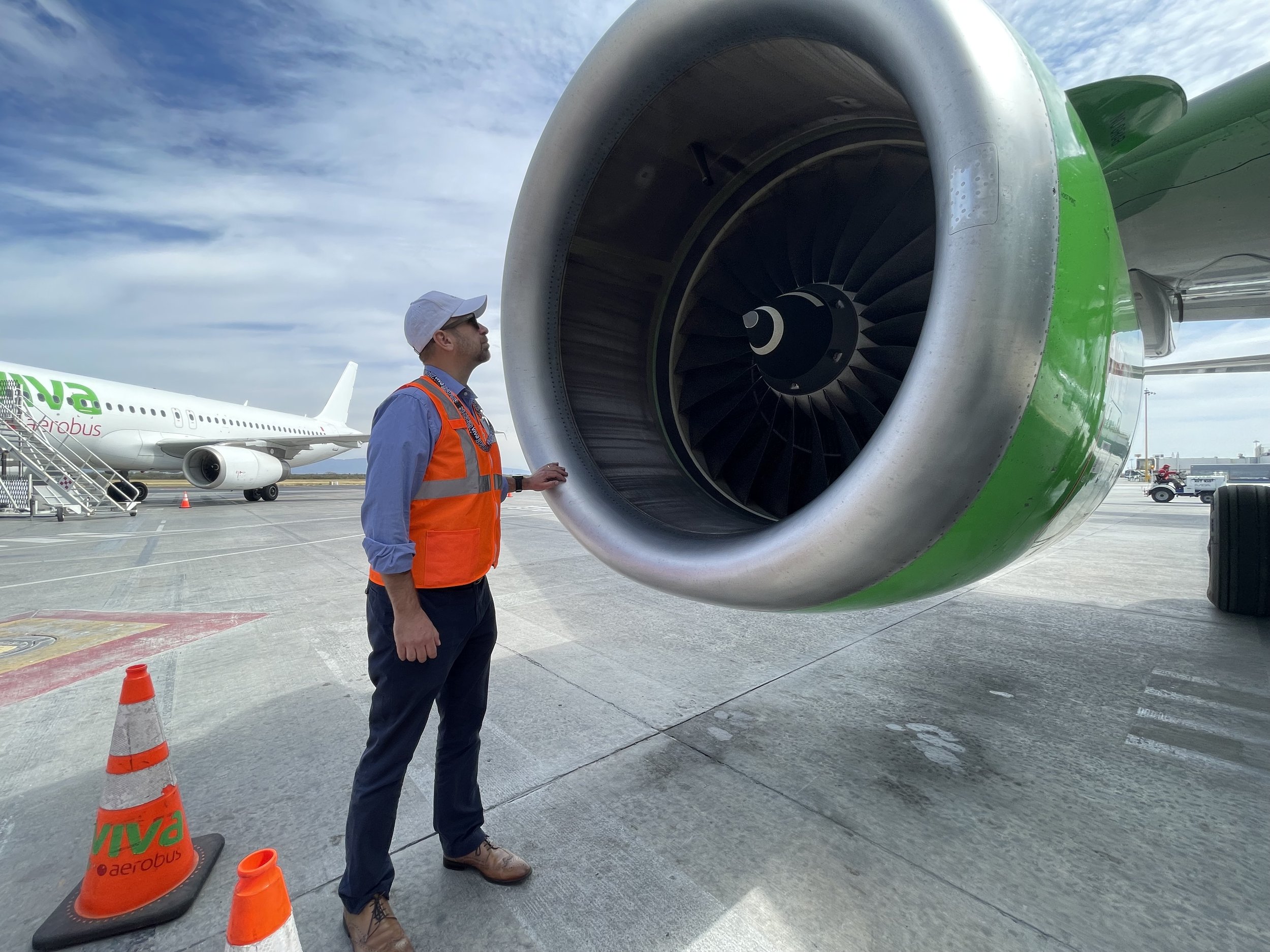Background
The majority of Safety Quality Organisations (SQOs) conducting audits under the SARPcheck programme are globally recognised as leading audit organisations, with over 20 years of experience. They have been instrumental in the development of the world's premier airline safety audit standard.
In 2022, their CEOs recognised the global airline market's need for a pragmatic, affordable, and accessible new audit programme. Thus, the SARPcheck Programme was born, designed to enhance flight safety and facilitate aviation business across various domains, including codeshares, ACMI operations, wet leases, and several other applications.
The Benefits
Whilst the primary aim of the SARPcheck programme remains the enhancement of global flight safety, it also offers supplementary advantages to both auditees and report users by facilitating and expediting their business operations. SARPcheck aids in forging new codeshare partnerships and bolsters supervision over airlines involved in wet lease and ACMI operations. Maintaining its commitment to safety, SARPcheck embodies affordability and pragmatism at its heart, eschewing unnecessary bureaucracy and protracted procedures. Further details on the SARPcheck framework and the audit process are available below.

The SARPcheck Structure
SARPcheck is overseen by the London-based not-for-profit organisation, SARP Ltd, which guarantees the programme's integrity and standardisation through the provision of its documentation and standard agreements. This not-for-profit organisation accredits Safety and Quality Organisations (SQOs) that conduct audits under a standardised bilateral agreement with the airline being audited. SARPcheck auditors, subject to rigorous selection criteria and training requirements, are seasoned experts from various operational sectors of the industry.
The Audit
Four auditors evaluate all relevant SARPs from the ICAO Annexes 1, 2, 6(P1), 8, 17, 18, and 19 at the auditee's location over a span of four days, contributing to a total of 16 on-site man-days. These auditors directly review the SARPs without the aid of separate queries designed specifically for the audit. Given that ICAO SARPs may occasionally appear somewhat ambiguous, a comprehensive checklist is employed. This checklist arms the auditors with keywords, scopes, and focus notes for each SARP, thus serving as an indispensable instrument for the audit's application. The SARPcheck Procedures Manual (SCPM) along with tailored auditor training specific to SARPcheck outline the audit methodology, ensuring an efficient and seamless auditing process. Continue reading below for further details on the Registry and the SQOs.

The Registry
The founders of SARPcheck eschew the notion of establishing a uniform "whitelist" registry, where the resolution of every finding is mandatory before an audit can publicly attest to having undergone a stringent safety evaluation. With SARPcheck, this advantage is immediately realised upon audit completion, as the operator is included in the public Phase 1 Registry. This listing confirms that operators have completed the comprehensive SARPcheck audit, albeit with unresolved non-compliances. It then falls to the operators to determine their approach to addressing these non-compliances. Should an operator resolve its non-compliances, it may request another SQO to confirm the rectification. Upon successful verification, the operator is awarded entry into the Phase 2 Registry, signifying a listing free from pending non-compliances.
The SQOs
Three accredited Safety Quality Organisations (SQOs), designated as auditing entities under the SARPcheck programme, constitute the foundational operational framework of the initiative. With over two decades of experience in developing and managing esteemed global aviation audit programmes, most SQOs and their management teams channel their extensive knowledge and proficiency into SARPcheck. Regardless of their headquarters' locations, the SQOs guarantee the programme's truly global coverage: their seasoned auditors, stationed worldwide, possess an in-depth understanding of the aviation industry's regional nuances, along with local regulations, customs, and languages.
These are the SARPcheck SQOs:



